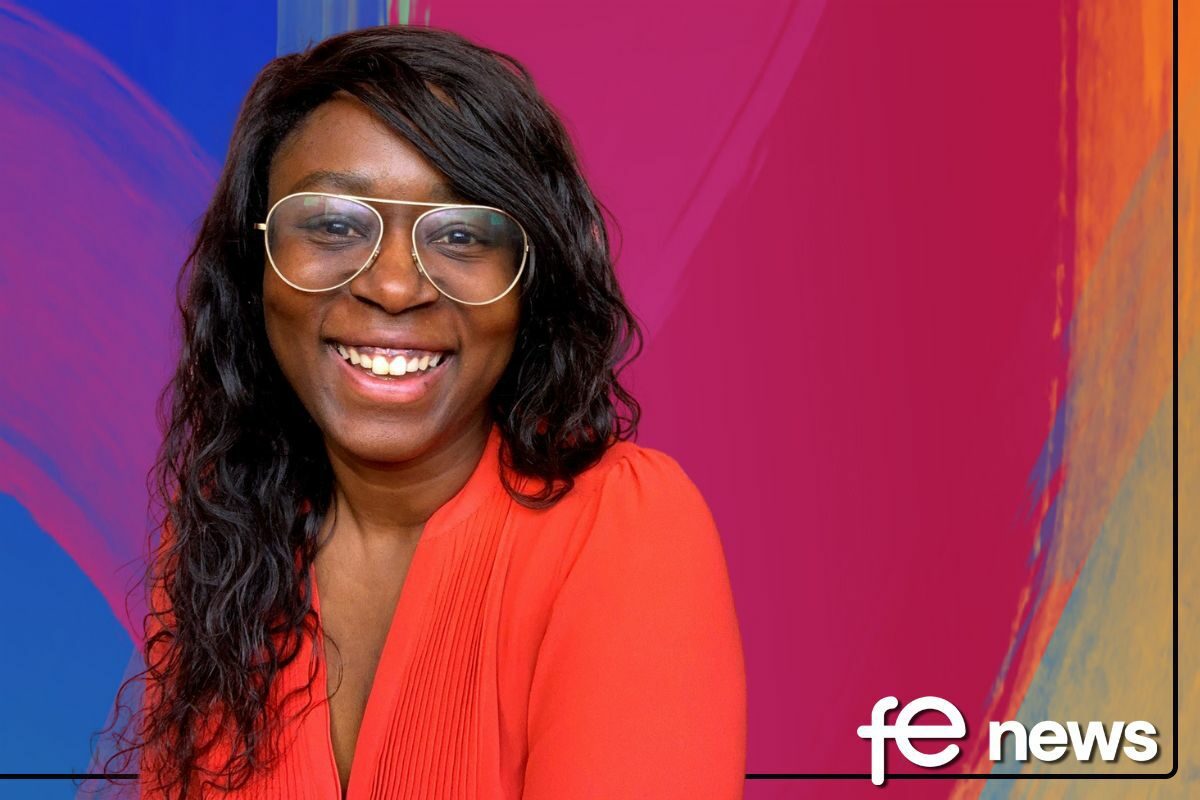Inclusion, Equality and Diversity within education and employment

Lisa Maynard-Atem, Marketing and Inclusion Director at Acacia Training, discusses how more action is needed on equality, diversity and inclusion within education and employment.
For far too long, a ‘one-size-fits-all’ approach has been applied to equality, diversity and inclusion (EDI) within education and employment. Combine this with the number of barriers marginalized groups face, including access to finance and the digital divide, which has only intensified since the pandemic and cost of living crisis.
Understand how it can reach and connect with different communities
If the education and employment sector is serious about EDI then it must start by understanding how it can reach and connect with different communities in an authentic way.
Educational institutions have historically contributed to the barriers that have resulted in less representation and diversity and is still the case today. I’ve had many conversations with people from diverse communities who live on the doorstep of educational institutions that they feel are closed to them.
To encourage more EDI in education and recruitment for education, there needs to be an understanding of what resonates with diverse communities. We must all understand the barriers (and the intersections of these barriers such as challenges faced within their own communities) and how these can be overcome. Setting percentage KPIs for diverse representation is not sufficient. It looks like a box-ticking exercise, rather than a means of bringing about meaningful change.
Greater financial investment
There also needs to be greater financial investment. Following the murder of George Floyd and the rise of the Black Lives Matter movement, there was a great deal of talk about how more needs to be done, especially from a financial perspective. If we are to achieve true parity, we must ensure that financial foundations are put in place and maintained so that diverse communities can access the opportunities that exist.
EDI is so important and is more than a strategy. It is a human right. Regardless of who we are, every single human being deserves to live with dignity, and part of that is being accepted, as who we are, into whichever spaces we wish to occupy.
Whilst it is great that the conversations around EDI are being had, we all have a responsibility to ensure that EDI is a thread that runs through the very DNA of society. It’s not a black square, a quota or percentage, or a tactical exercise in making our organisations and sectors look inclusive. It’s something that we are all entitled to and should expect as a bare minimum.
Senior leadership teams must lead by example
Senior leadership teams must lead by example, demonstrating real EDI through action. Give others a seat at the table and open doors that are still closed to many. Ensure that everyone in your organisation is treated equally and fairly and create a culture where everyone feels included and seen. Be an ally and bold in your allyship – use your position and your voice to champion those who are still not able to fully champion themselves. Call out injustice wherever you see it. Engage in ‘good trouble’ – if you see something that is not right, not fair, you have a moral obligation to do something about it.
The world is changing but we still have a long way to go. Be the change that you talk about and wish to see in the world.
Acacia Training is committed to giving everyone a voice and doing the right thing, which is manifested in everything it does. It is a Disability Confident Leader and works with organisations including The Black United Representation Network (BURN) and the BAME Apprenticeship Alliance to ensure greater diversity on its board and has various strategies in place around EDI, ESG and Health & Wellbeing, including inclusive-focused internal committees.












Responses